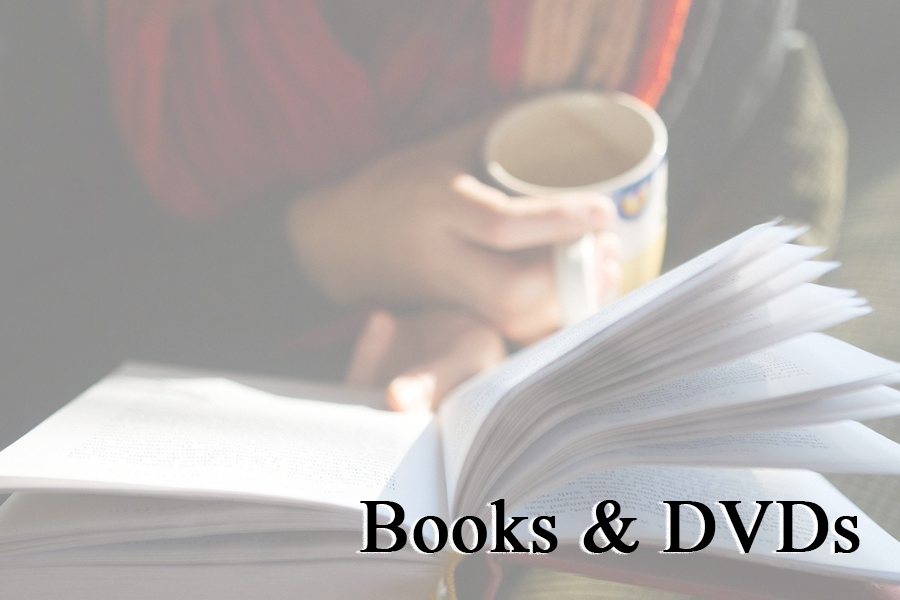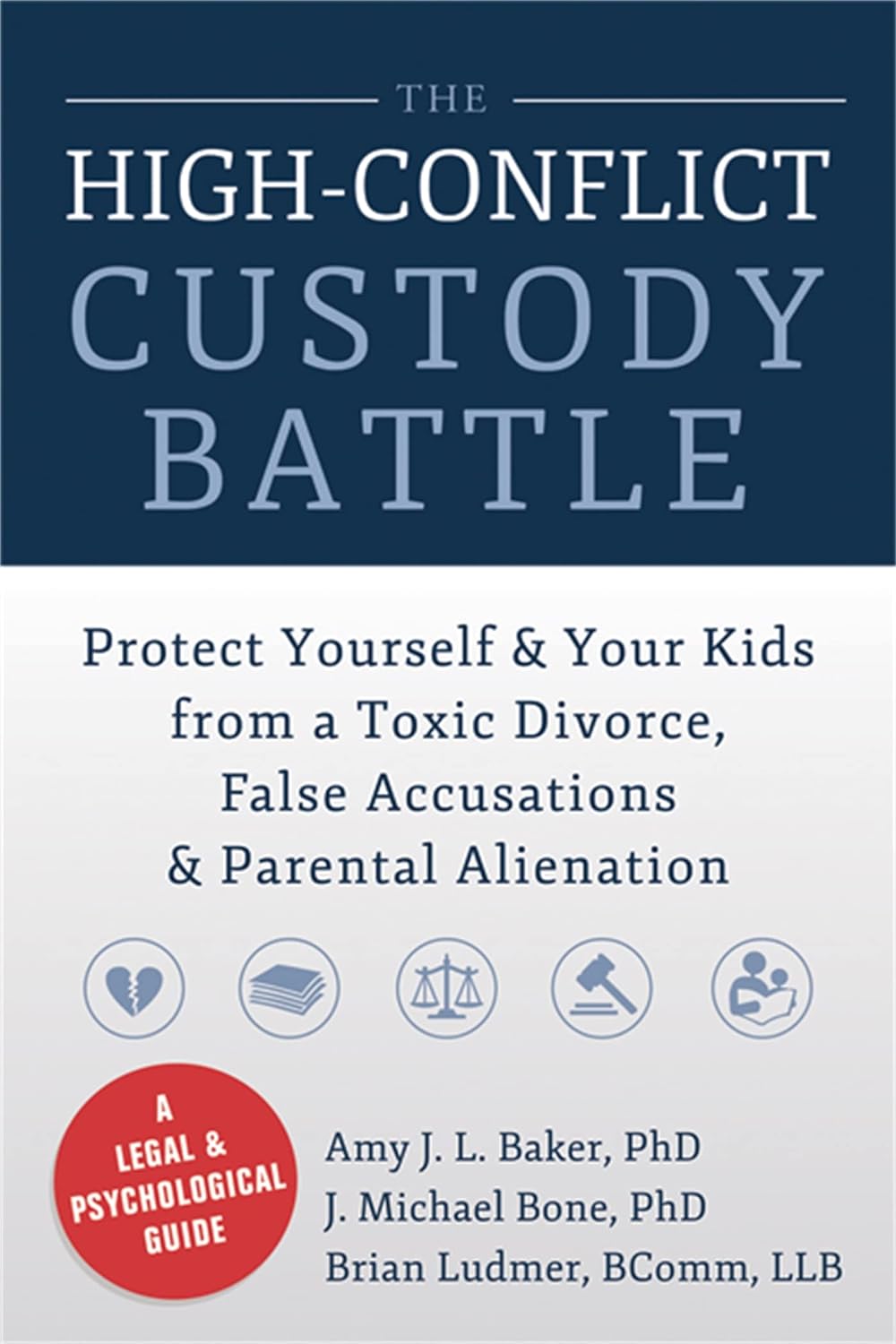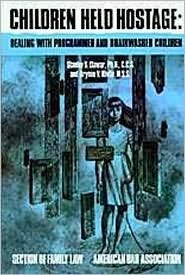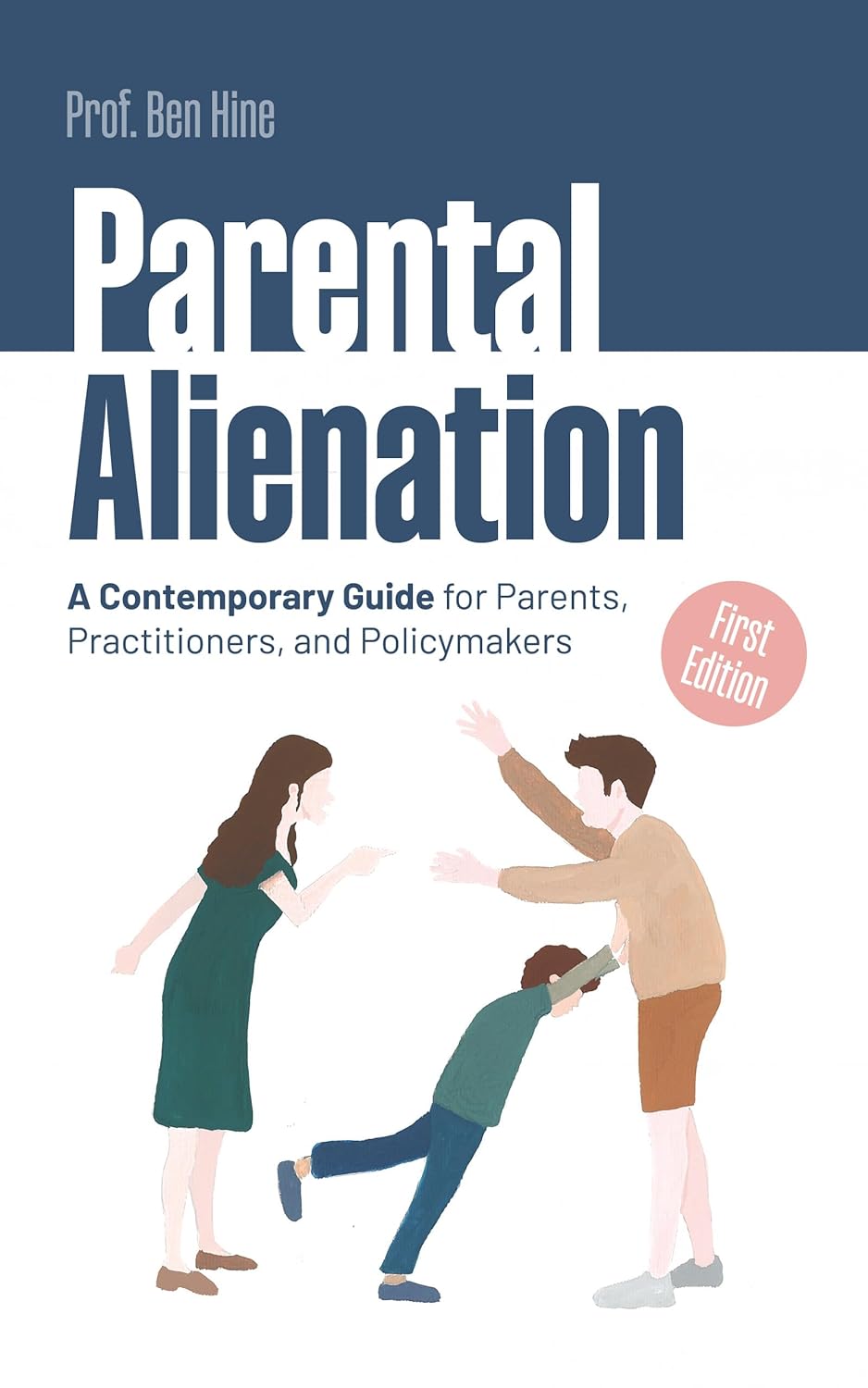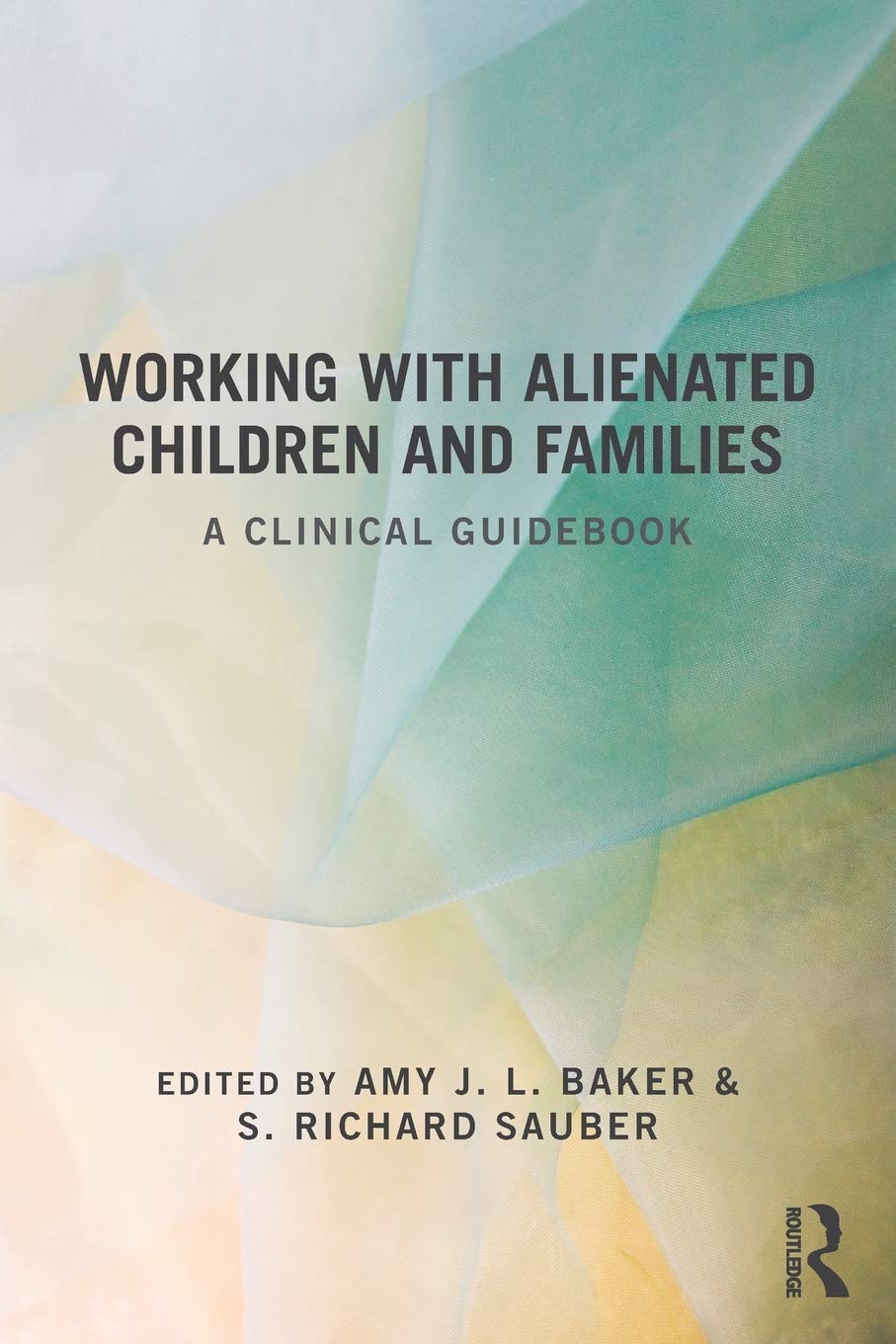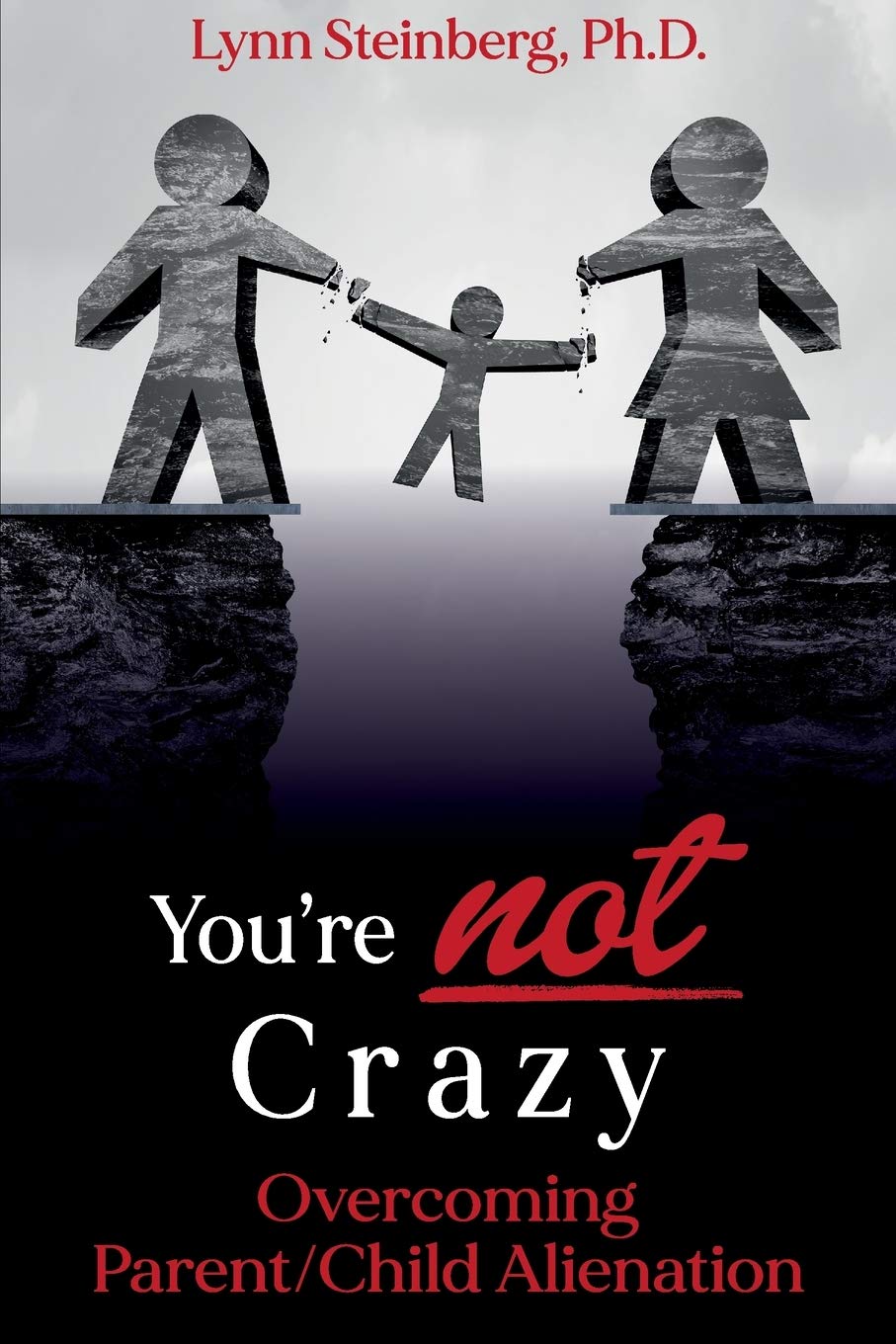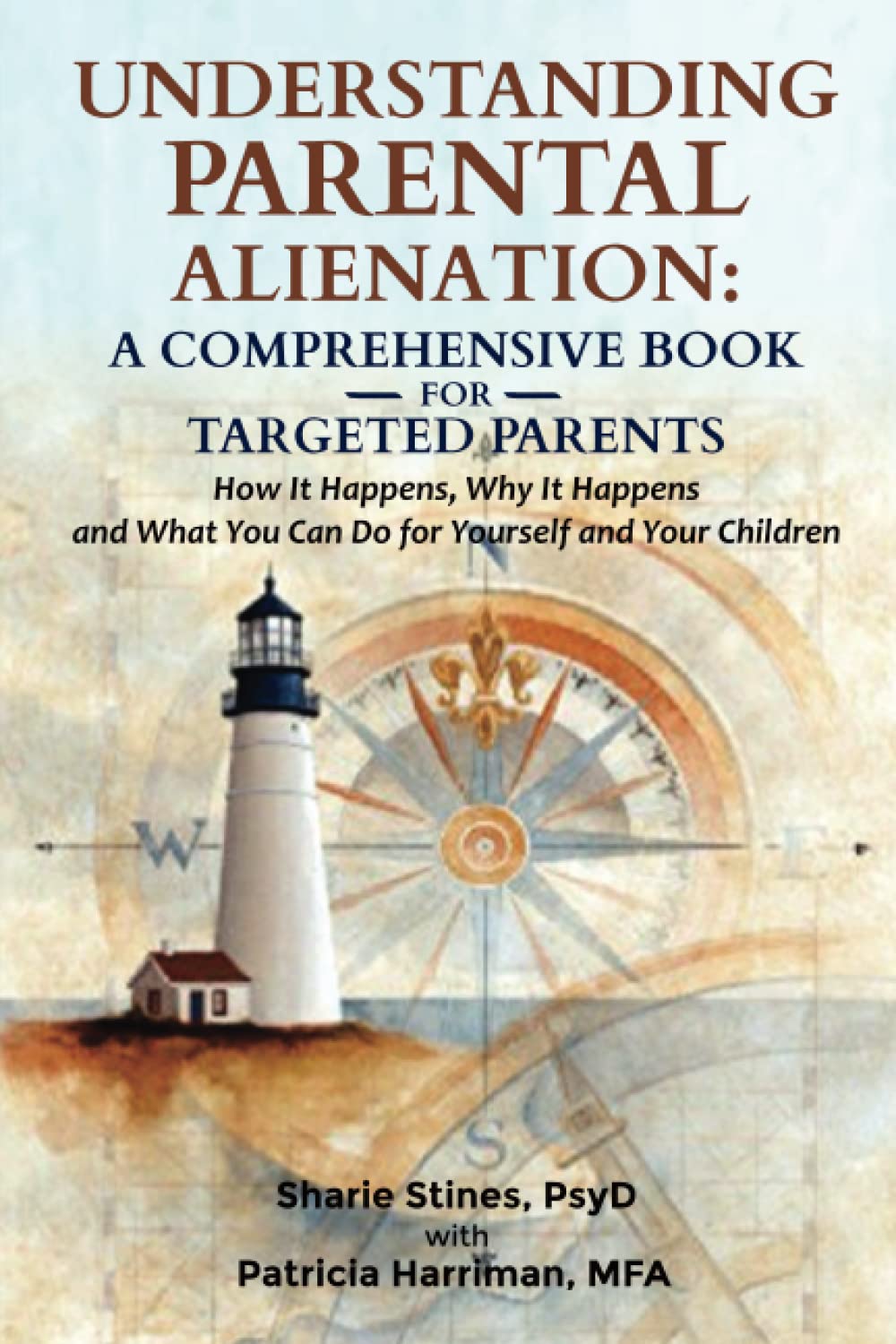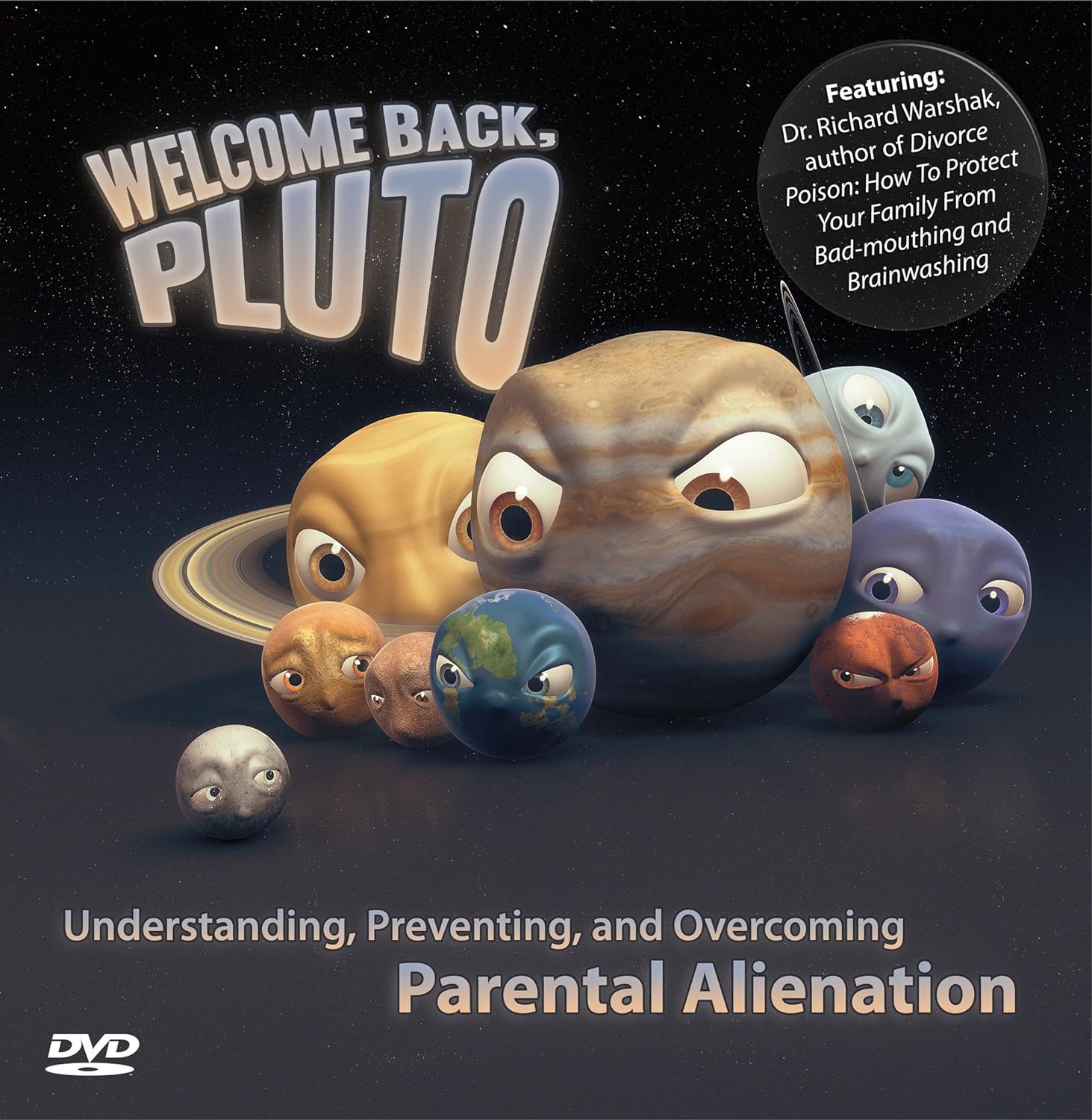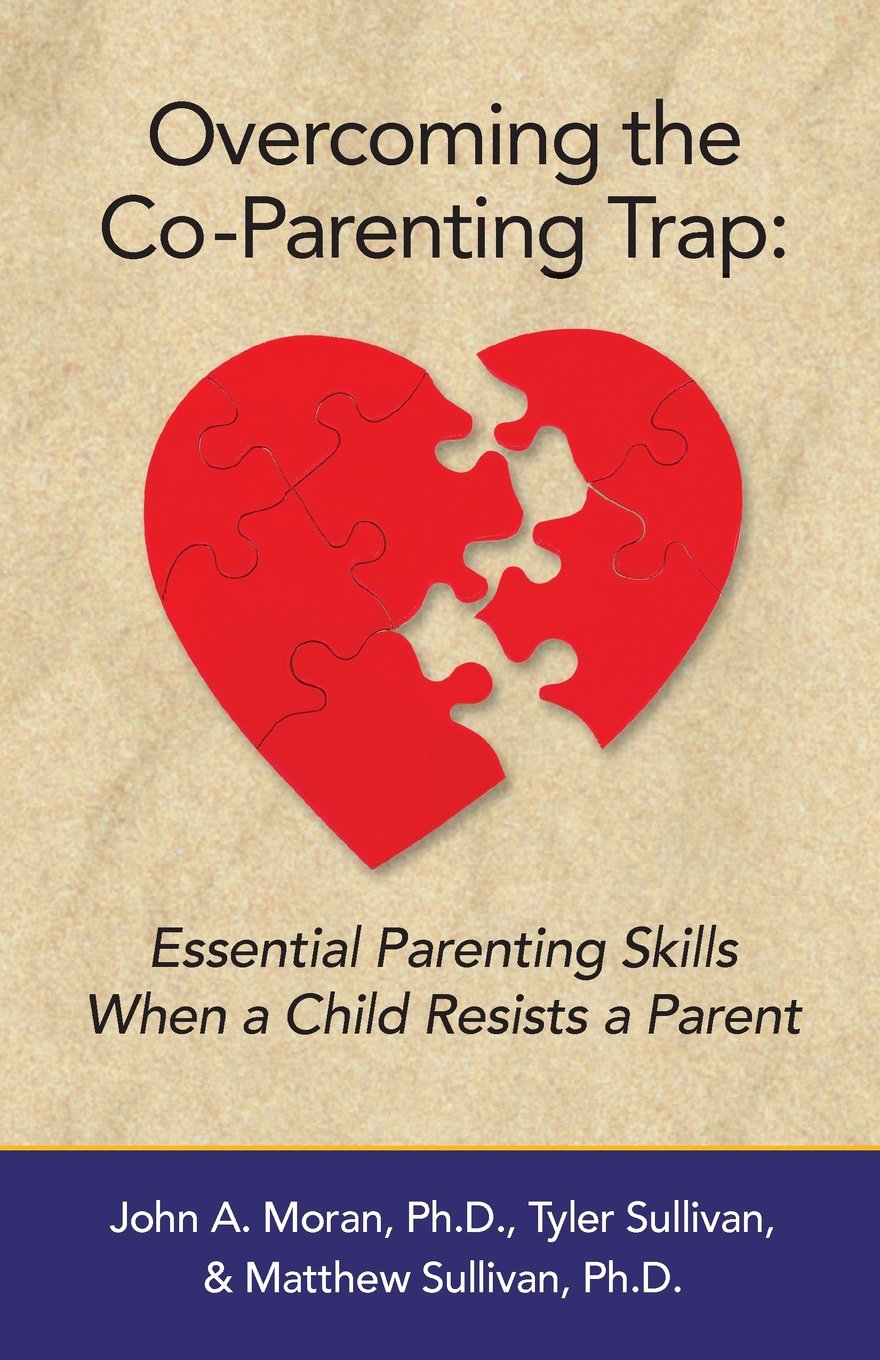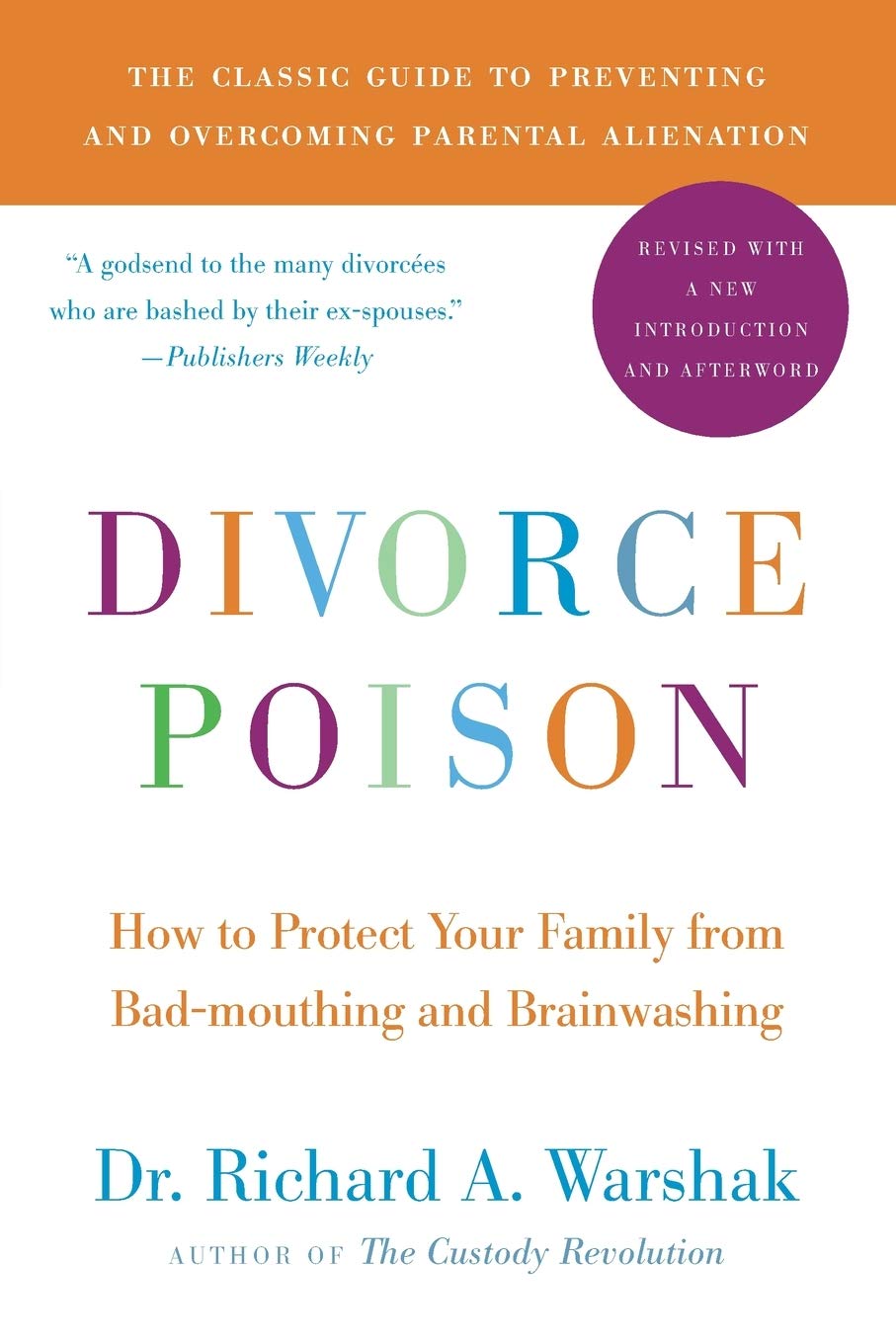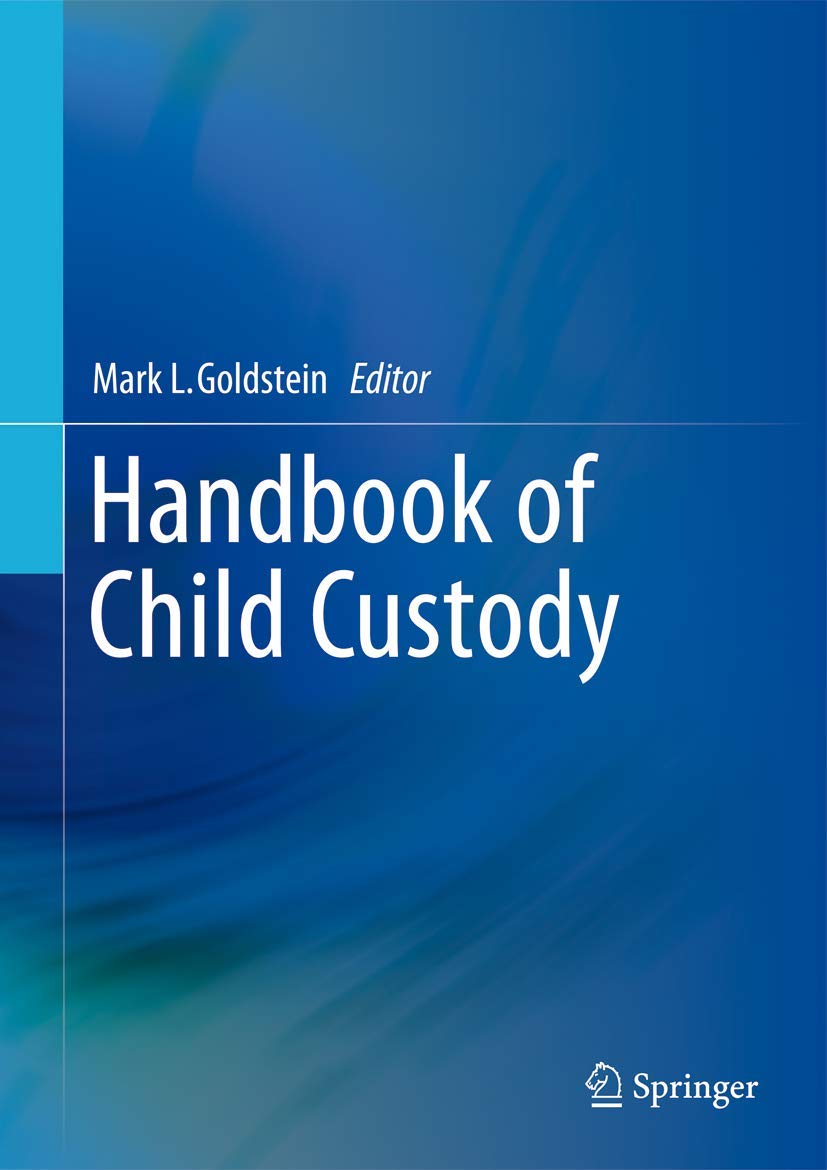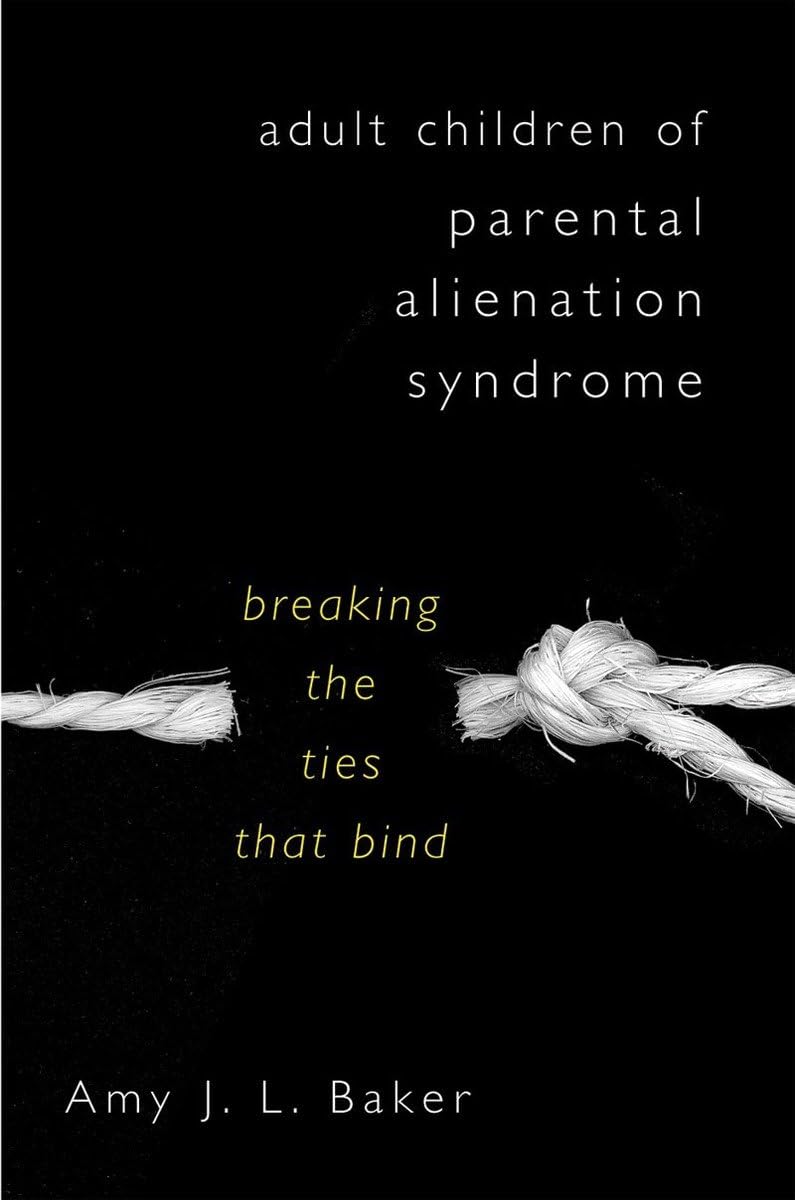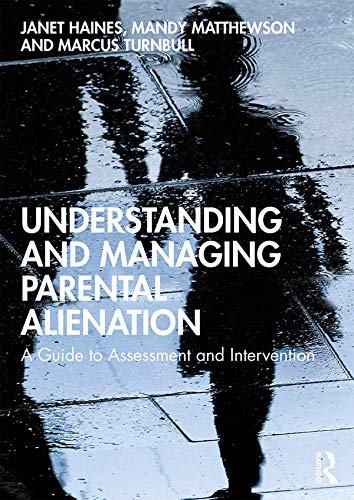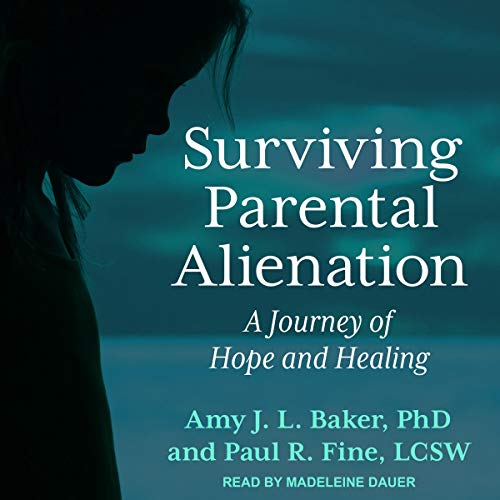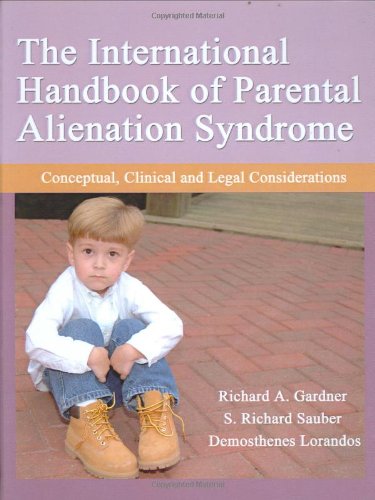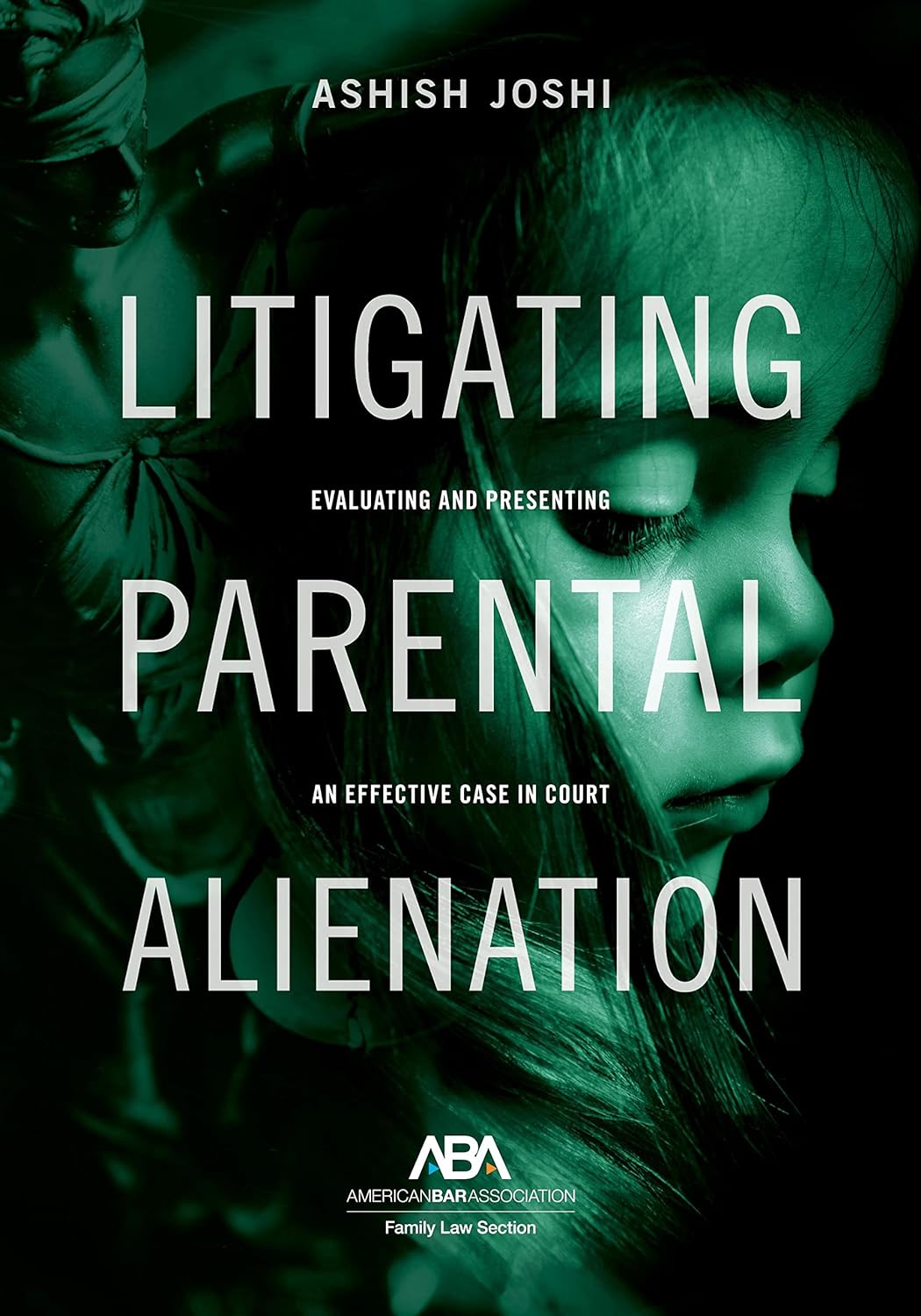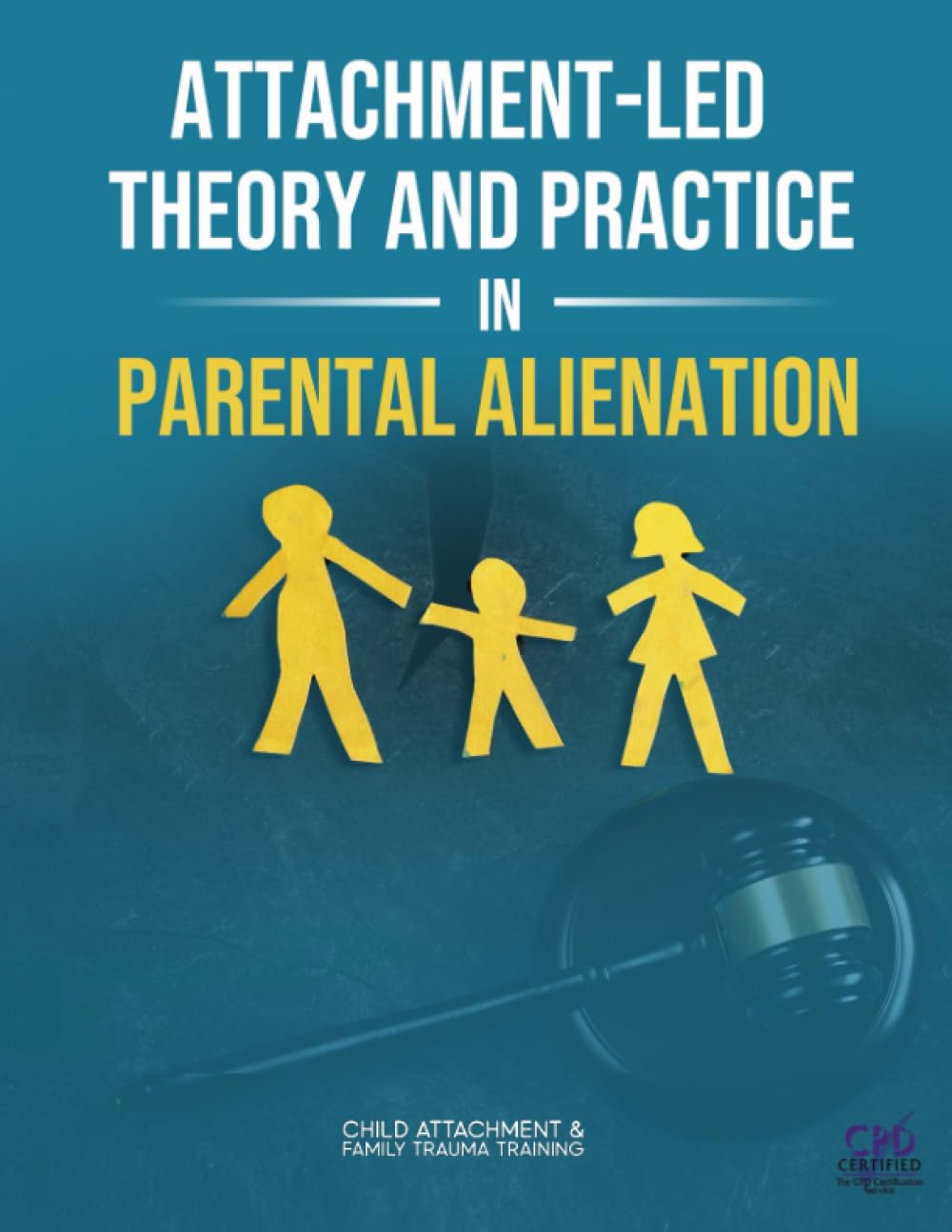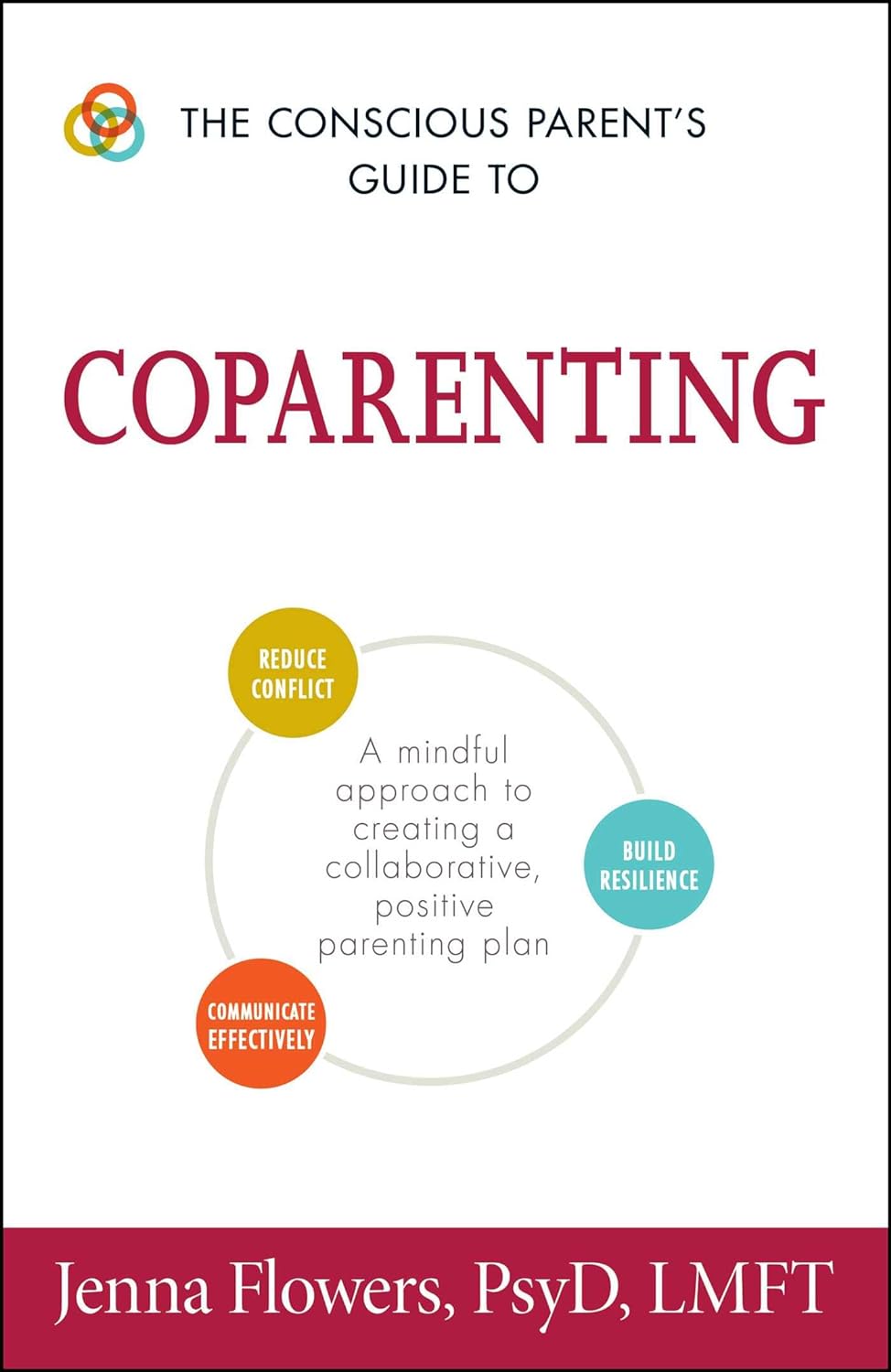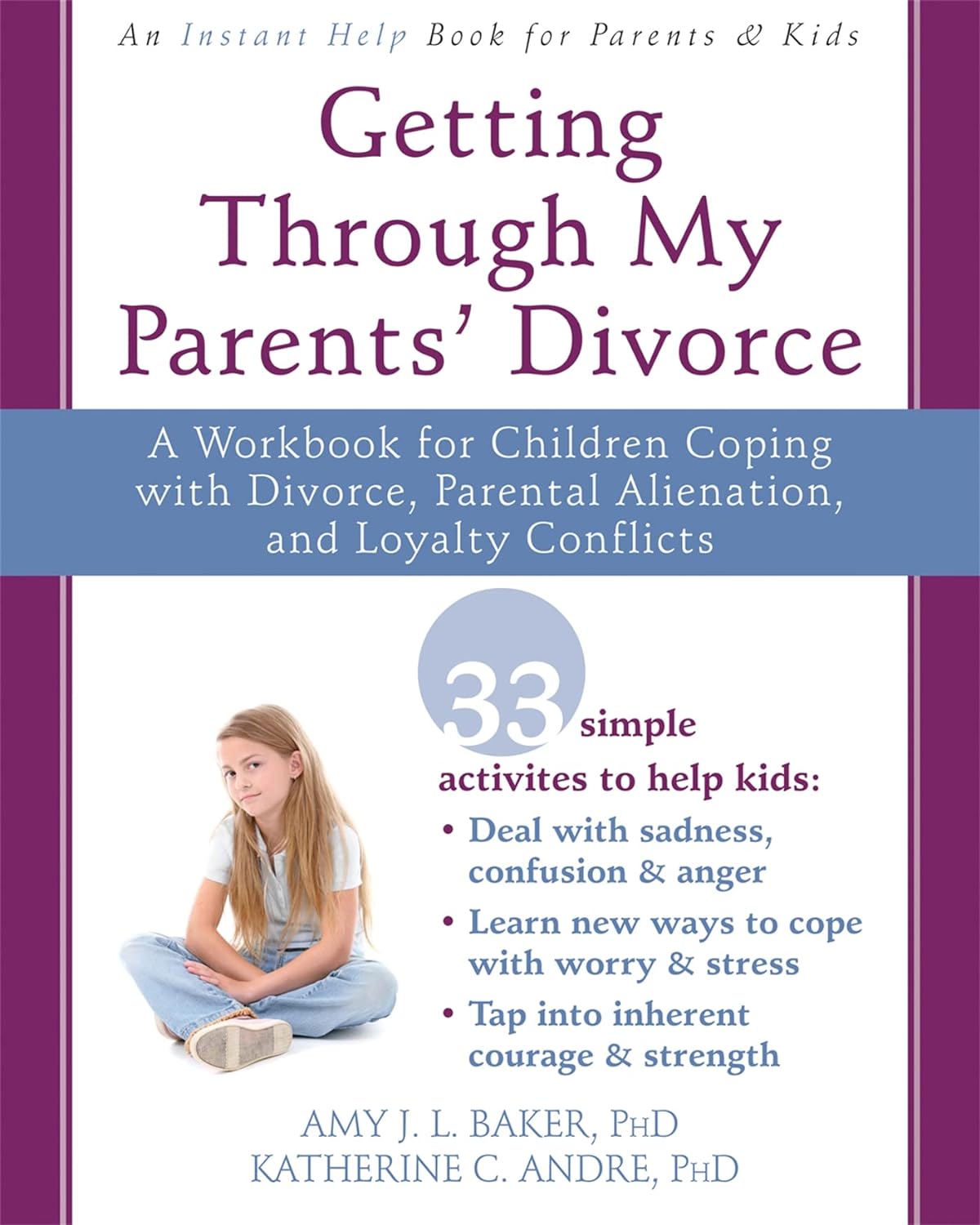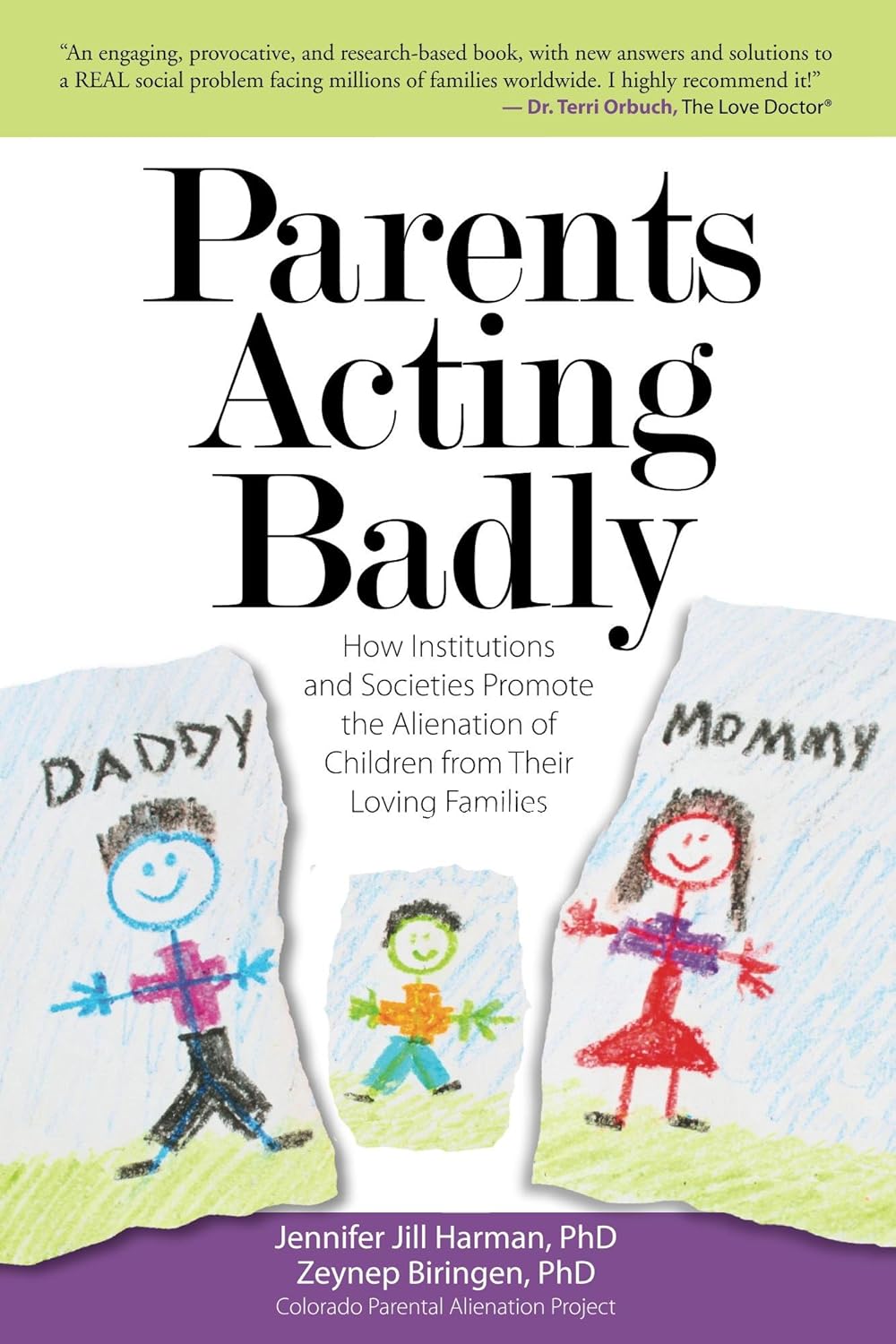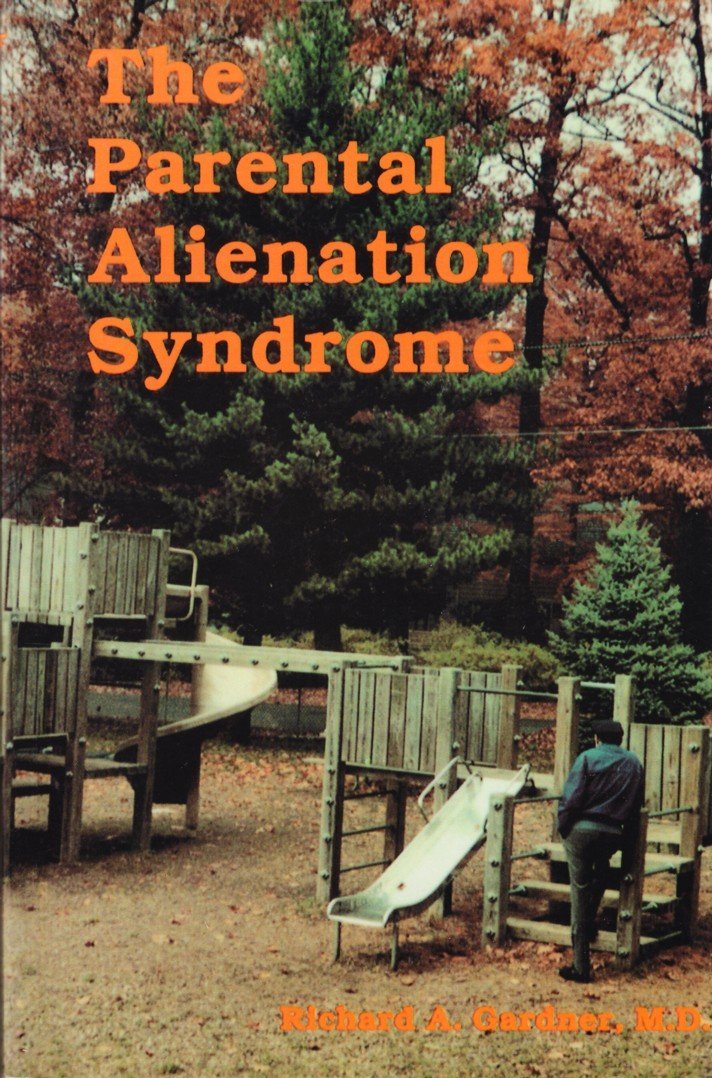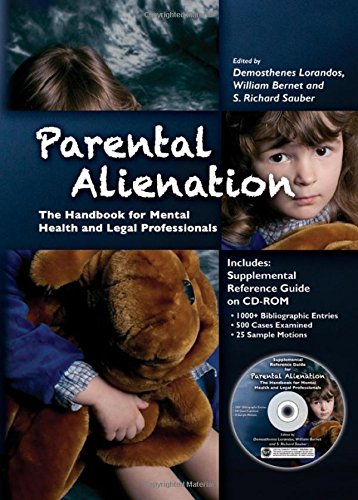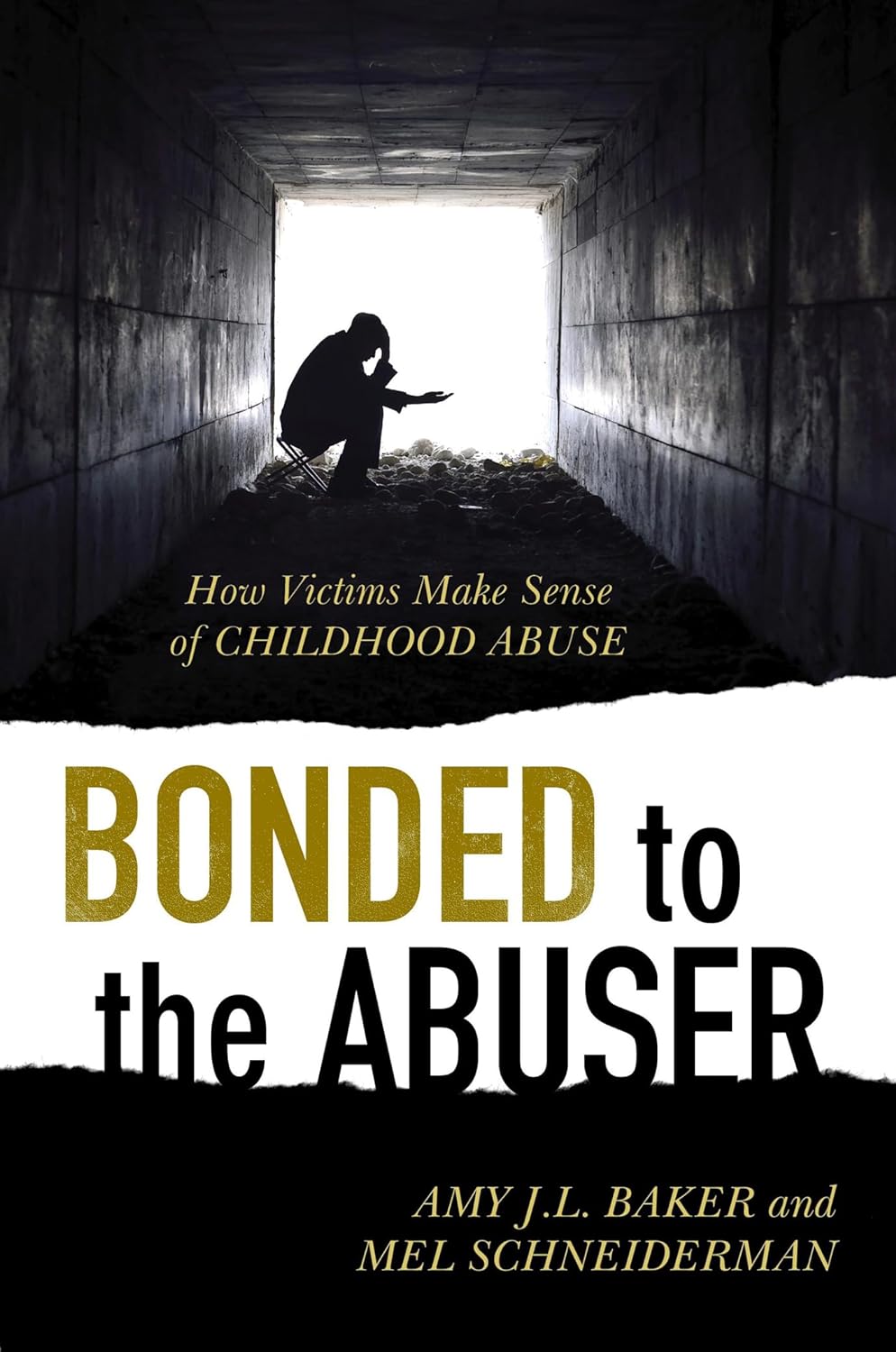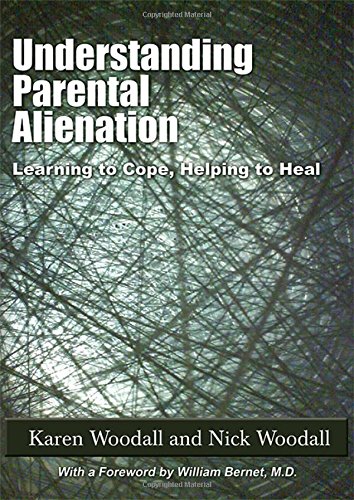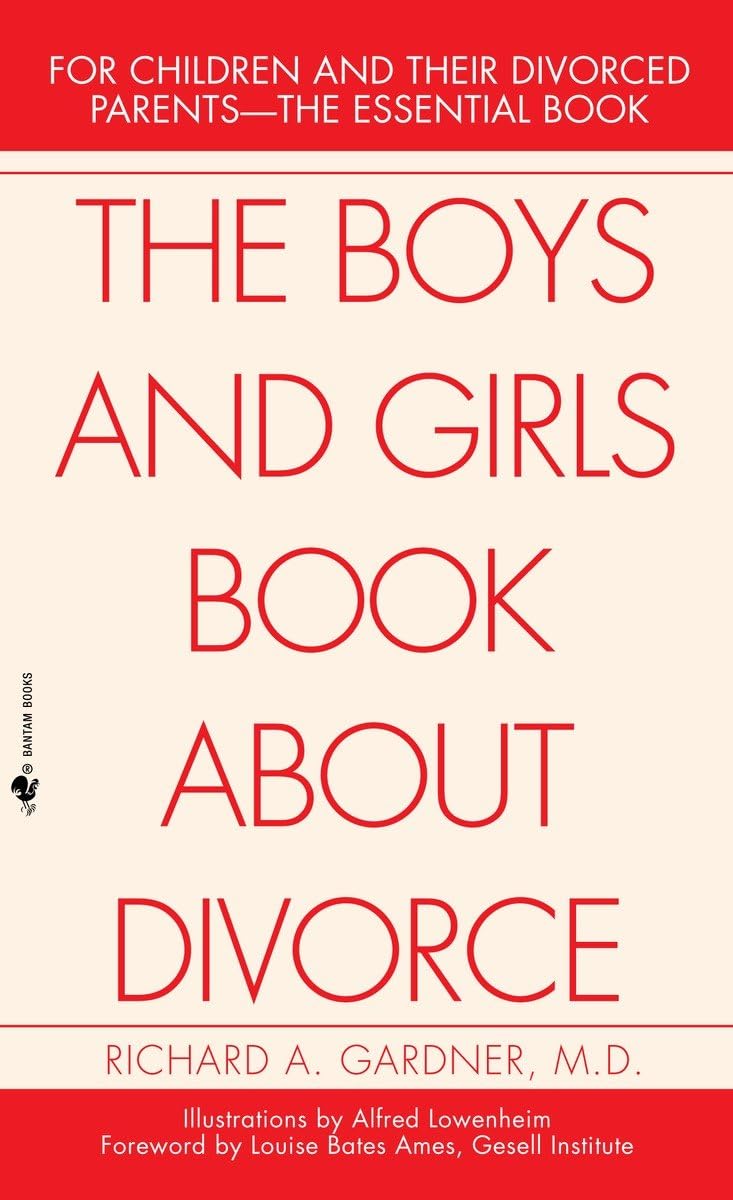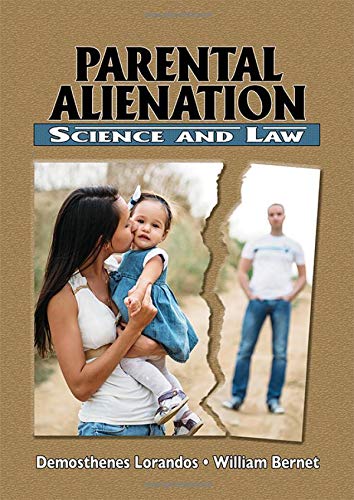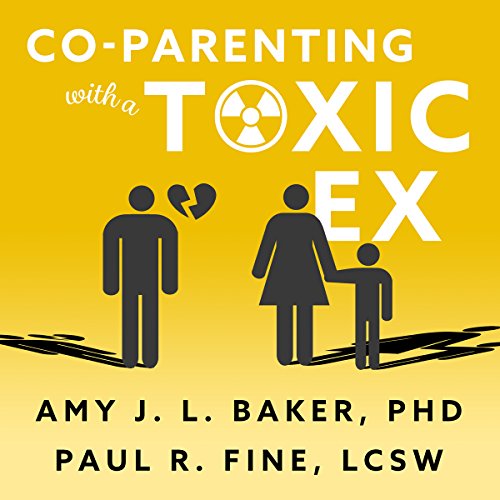A collection of resources about Parental Alienation
Videos
Articles
|
Barrister Gatekeeping, by Wendy E. Coughlin , Ph.D. Gatekeeping in family law matters refers to intentionally limiting children’s access to timesharing with a parent. Attorneys may become de facto gatekeepers by delaying actions or filing motions which maintain the status quo when one parent has primary custody of the child(ren). Read the full article. |
|
Identification With The Aggressor: Understanding Coercive Control in the Lives of Children of Divorce and Separation, by Karen Woodall, psychotherapist, writer, researcher and trainer. In this article, discusses why children align with controlling parents and reject a parent they have witnessed being abused. Read the full article. |
| Preparing for a Custody Evaluation in Cases Involving Parental Alienation – Part 2 – by J, Michael Bone, Ph.d. – This article is the second part of a two-part series. In the most general sense, the parent who is about to sit for a Custody Evaluation where parental alienation is present is presented with three dilemmas. Read the full article. |
| PA: Progress Made and Progress Ahead, by J. Michael Bone Ph.D. – As a parental alienation expert, J. Michael Bone, Ph.D. discusses the progress of PA as a guest editor in the Winter 2023/2024 edition of Contemporary Family. Read the full article. |
| Preparing for a Custody Evaluation in Cases Involving Parental Alienation – Part 1 – by J, Michael Bone, Ph.d. – This article is the second part of a two-part series. In the most general sense, the parent who is about to sit for a Custody Evaluation where parental alienation is present is presented with three dilemmas. Read the full article. |
Traditional Counseling/Family Therapy Fails Severely AlienateD Children, by Robert A. Evans, Ph.D.It is a myth that severely alienated children are best treated with traditional therapy techniques while living primarily with their favored parent. Unfortunately, professionals in both the legal and mental health fields continue to refer severely alienated children and rejected parents to these therapeutic approaches only to discover months later that not only has the situation not been resolved but has actually gotten worse. Download the full article here. |
Parental Alienation Syndrome: How to Detect It and What to Do About It, by J. Michael Bone, Ph.D. and Michael R. WalshAlthough parental alienation syndrome (PAS) is a familiar term, there is still a great deal of confusion and unclarity about its nature, dimensions, and, therefore, its detection. Its presence, however, is unmistakable. In a longitudinal study of 700 “high conflict” divorce cases followed over 12 years, it was concluded that elements of PAS are present in the vast majority of the samples. Diagnosis of PAS is reserved for mental health professionals who come to the court in the form of expert witnesses. |
Parental Alienation Syndrome: Examining the Validity Amid Controversy, by J. Michael Bone, Ph.D.Use of the diagnosis of Parental Alienation Syndrome (PAS) in family law cases has generated substantial debate. When one parent alleges the other is alienating a child or committing a similar wrongdoing, it is incumbent upon the attorneys within the adversarial process to explore and challenge the factual basis of both positions. Download the full article here. |
Parental Alienation Syndrome: An Age-Old Custody Problem, by Michael R. Walsh and J. Michael Bone, Ph.D.The term parental alienation syndrome (PAS), first described by Richard Gardner, is also sometimes referred to as “brainwashing.”(1) Its concept and dynamics include a complex network of involvement and motives on the part of all members acting in this family drama. Furthermore, each of them usually takes his or her role in the alienation process well before the dissolution or separation process begins. Download the full article here. |
Books and DVDs
The information listed above is a collection of videos, articles, or books on the topic of parental alienation. Inclusion of resources on this website does not imply approval of its contents by the National Association of Parental Alienation Specialists or its members.



